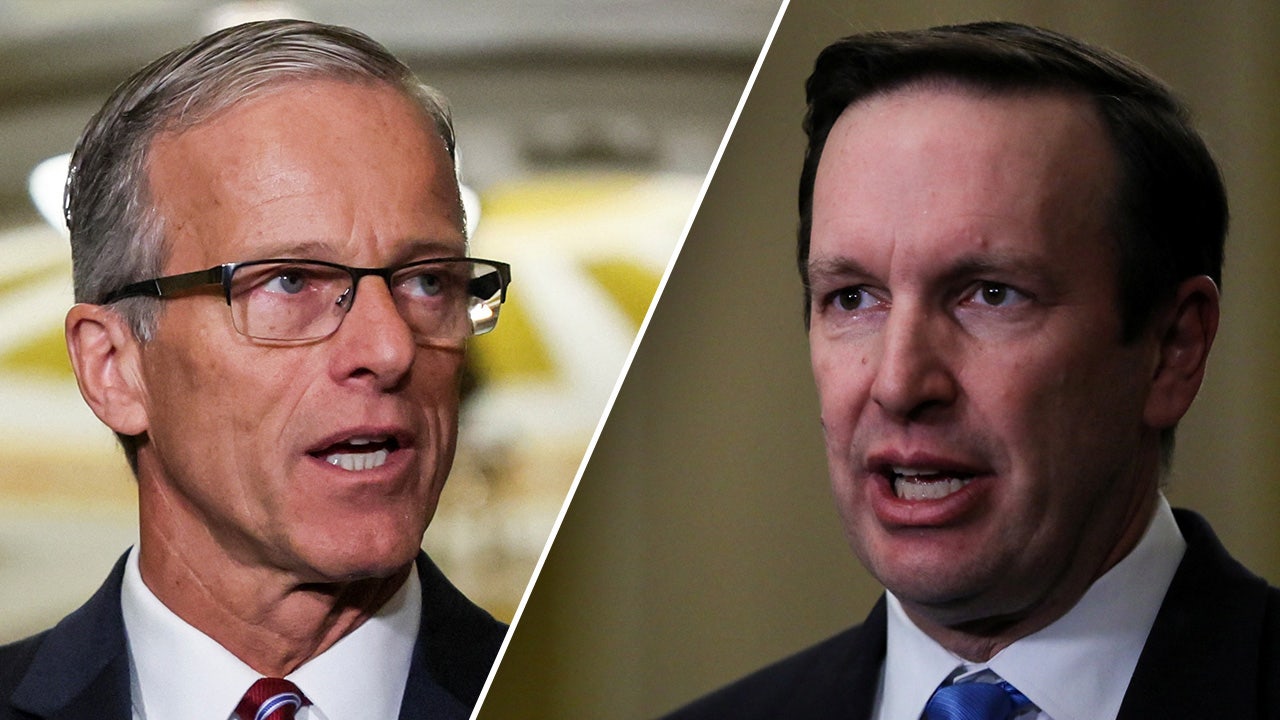Prime Minister Benjamin Netanyahu of Israel doubled down on his opposition to the creation of a Palestinian state this weekend, again rebuffing pressure from President Biden to agree to that path after the war in Gaza is over.
“My insistence is what has prevented — over the years — the establishment of a Palestinian state that would have constituted an existential danger to Israel,” Mr. Netanyahu said in a statement in Hebrew on Sunday. “As long as I am prime minister, I will continue to strongly insist on this.”
The statement reiterated comments he made on social media the previous day, when he said in Hebrew that he “will not compromise on full Israeli security control of the entire area west of the Jordan River — and that is irreconcilable with a Palestinian state.”
Mr. Netanyahu’s comments came after Mr. Biden spoke to him on Friday about a two-state solution and floated the possibility of a disarmed Palestinian nation that would not threaten Israel’s security. Mr. Biden has argued that the creation of a Palestinian state is the only viable long-term resolution to a conflict that has dragged on for decades, repeating a position held by most American presidents and European leaders in recent history.
While there was no indication that Mr. Netanyahu would ease his strenuous opposition, which is popular with his fragile right-wing political coalition, Mr. Biden had expressed optimism that they might yet find consensus.
“There are a number of types of two-state solutions,” the president told reporters at the White House several hours after Friday’s call, their first in nearly a month amid tension over the war. “There’s a number of countries that are members of the U.N. that are still — don’t have their own militaries. Number of states that have limitations.” He added, “And so I think there’s ways in which this could work.”
On Sunday, Grant Shapps, Britain’s defense secretary, called Mr. Netanyahu’s stance “disappointing.”
“There isn’t another option,” Mr. Shapps told Sky News in a televised interview. “The whole world has agreed that the two-state solution is the best way forward.”
António Guterres, the U.N. secretary general, said that denying statehood for the Palestinian people was “unacceptable.”
“The right of the Palestinian people to build their own state must be recognized by all,” Mr. Guterres wrote on X, without referencing Mr. Netanyahu.
The Biden administration and the Israeli government have diverged sharply over how Gaza will be governed when the fighting ends. President Biden and his top diplomat, Antony J. Blinken, have urged Israeli officials to move toward the eventual establishment of a Palestinian state.
Mr. Biden has suggested that a “revitalized” Palestinian Authority, which is based in the West Bank, could take over Gaza once Hamas has been removed from power there. Mr. Netanyahu has rejected the idea of the authority returning to the enclave.
Despite support from the international community, a two-state approach still faces enormous obstacles, including waning support for it among the Israeli and Palestinian populations, the continued building of settlements in the Israeli-occupied West Bank, and a divided Palestinian leadership.
Two key partners in Mr. Netanyahu’s coalition — Bezalel Smotrich, the finance minister, and Itamar Ben-Gvir, the national security minister — are staunch opponents of a two-state solution. Some analysts have suggested the two ministers and their parties would vote to dissolve the government if Mr. Netanyahu took serious steps to advance the establishment of a Palestinian state.
Analysts pointed out that Mr. Netanyahu’s willingness to undermine his American counterpart was becoming routine.
“Humiliating Biden has become a daily occurrence for Netanyahu,” Khaled Elgindy, a senior fellow at the Middle East Institute, a think tank in Washington, wrote on social media.
Peter Baker contributed reporting.





